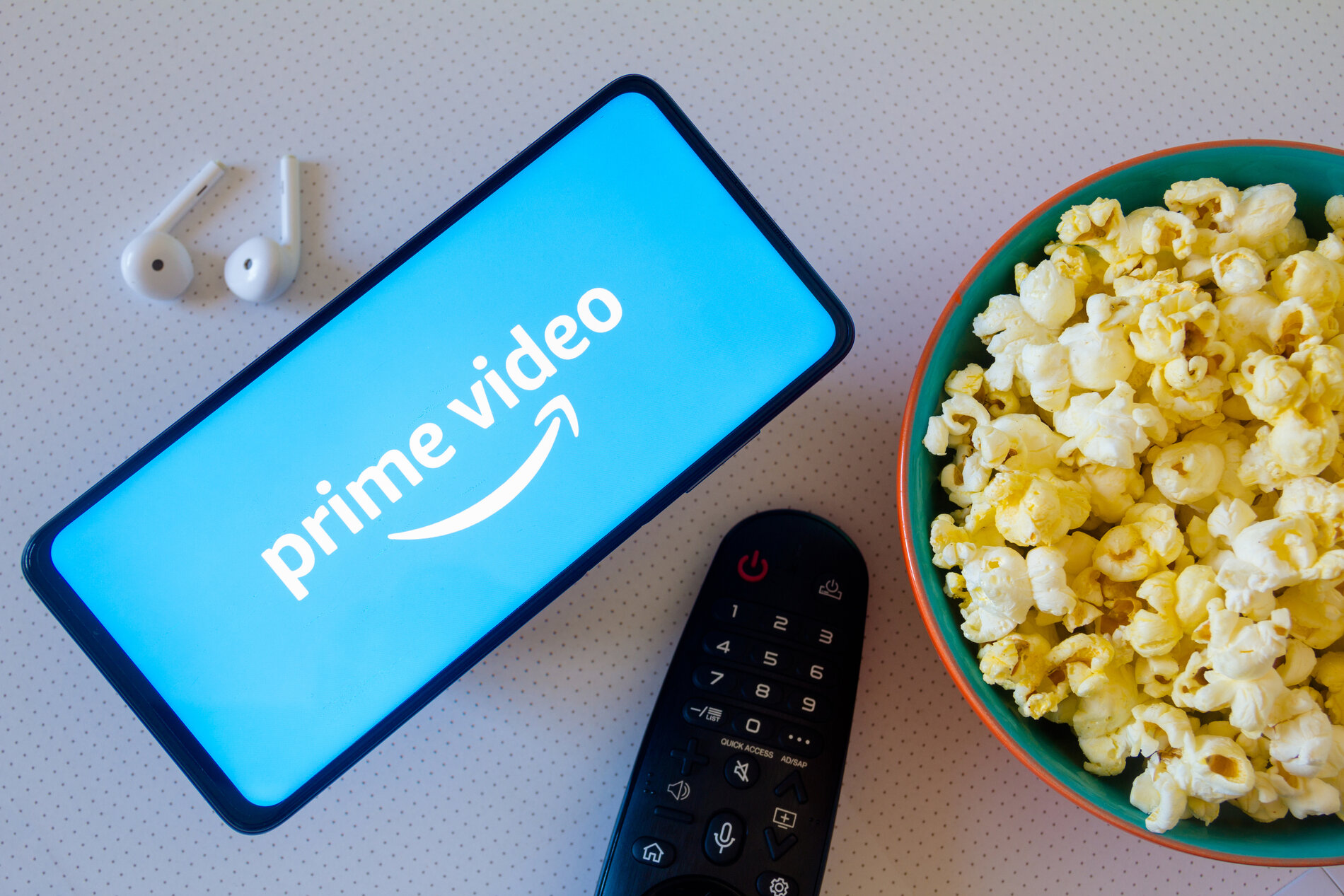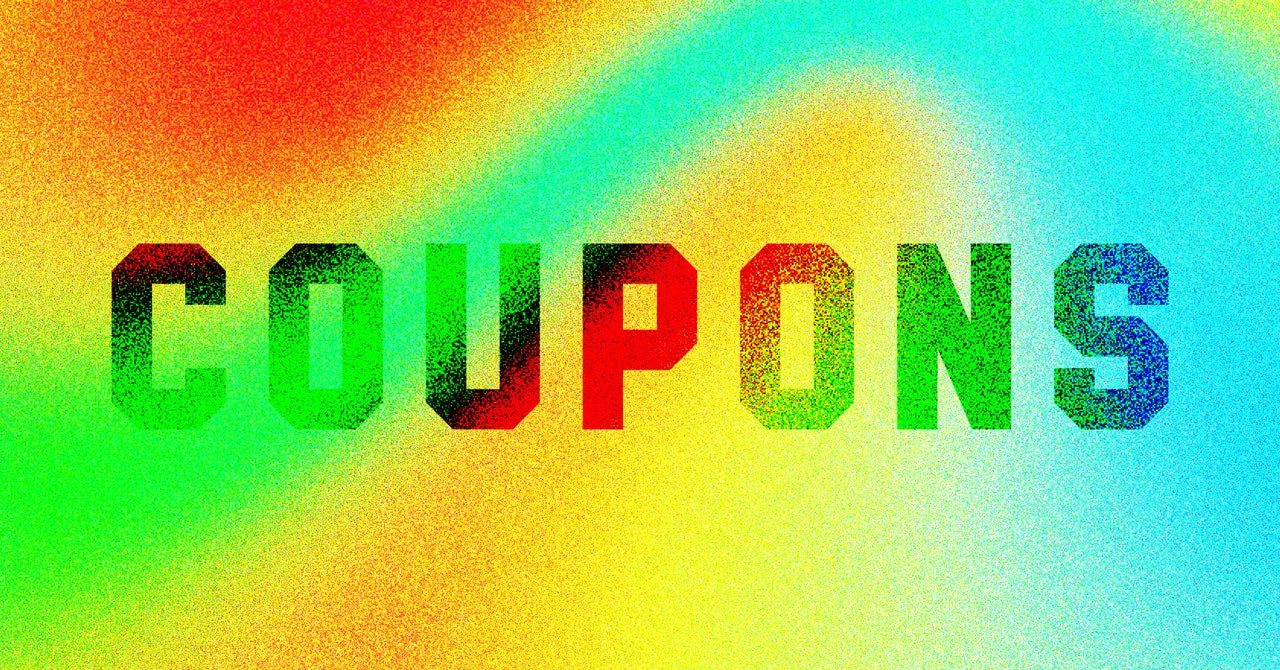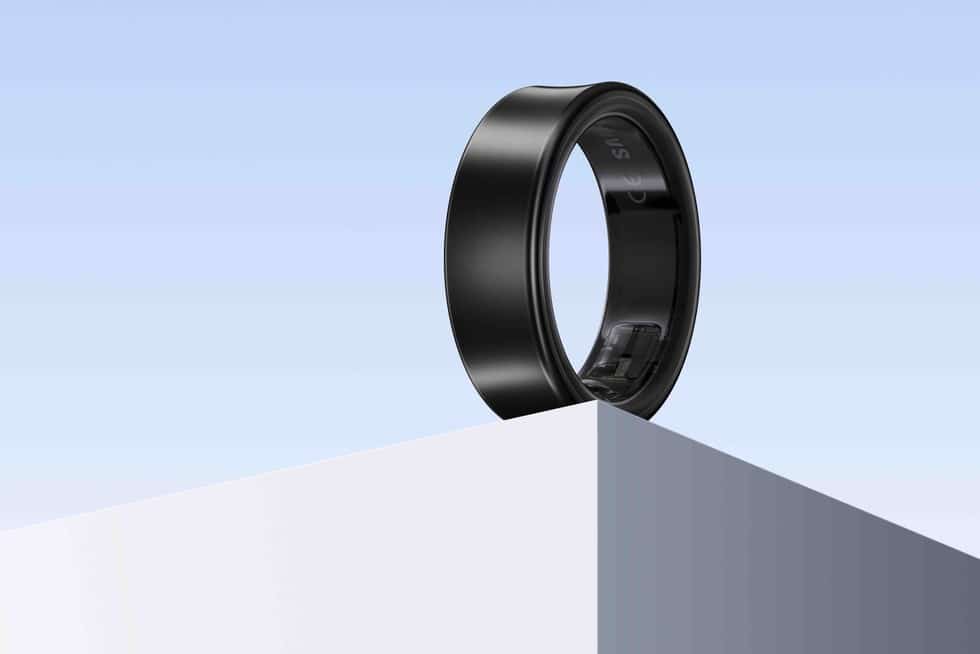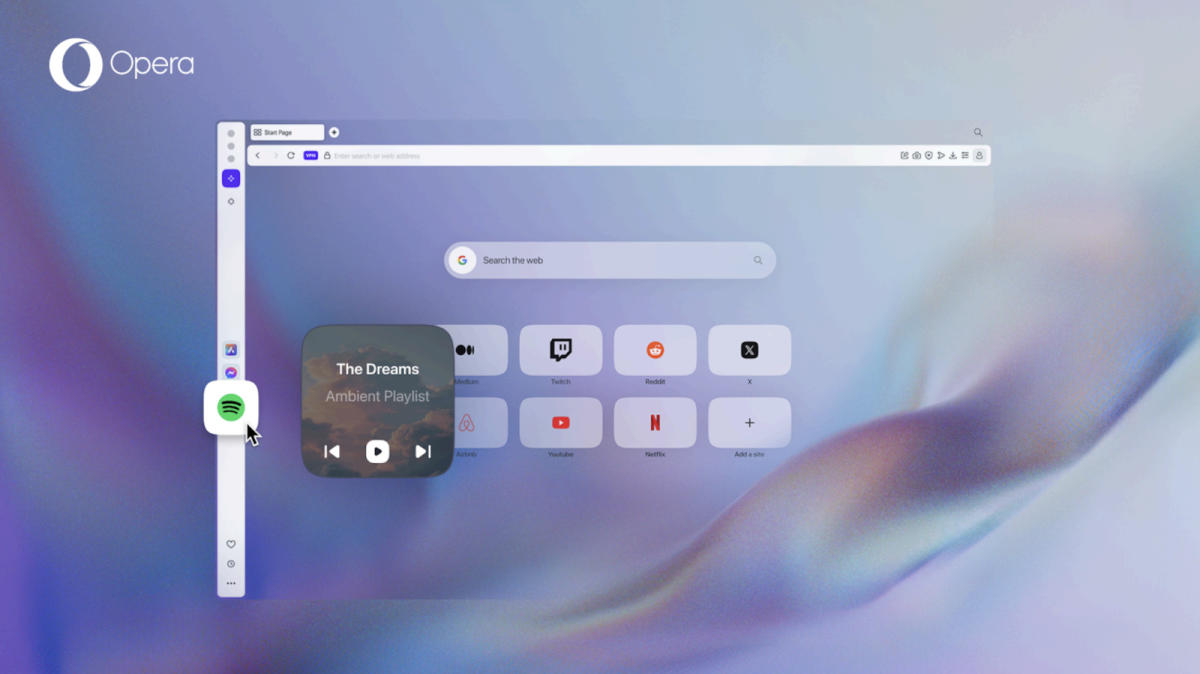Amazon’s Prime Video streamer is poised to surpass Netflix in a big way starting this week. No, it’s not in terms of viewership, nor the size of its catalog, or the quality of its originals. It has to do, instead, with both streamer’s launch of an ads business. For Netflix, the uptake on its still relatively new ad-supported subscription tier has been relatively modest thus far, with some 23 million users globally, while Prime Video is about to blow past that in a big way starting Monday.
Amazon’s streamer will essentially flip a switch that makes the entirety of Prime Video an ad tier — and, importantly, the only way to get around it is for the company’s reported 115 million users who don’t want to watch ads to pay a small fee on top of what they’re already paying to stream content like Reacher and The Boys. Netflix, in contrast, decided to offer an all-new, separate, and cheaper ad-supported tier.
Moreover, not only will Prime Video’s ad business immediately take a huge leap past Netflix’s starting on Jan. 29, but how each company got here represents two very different schools of thought when it comes to monetization. In other words: One set of users will be required to pay more for no ads, while the second group can pay less if they don’t mind seeing ads while they streaming content.
Two streaming giants, two very different approaches to the launch of an ad business.
Netflix, as you can probably imagine, thinks Prime Video’s move is the wrong approach. “We did consider making it the default option,” Netflix co-CEO Greg Peters said during Netflix’s recently quarterly presentation to analysts, acknowledging that the streaming giant gave some thought to going the same route as Prime Video.
“But given our long history of not having ads, we thought it was better for our members — rather than force them into a change and give them ads — better to attract them to the ads plan for the ones that wanted it, with the benefits.”
In other words, a carrot-vs.-stick approach. If you’re ok with ads on Prime Video, you don’t have to do anything (but you’ll still be paying the same price). If you’re okay with ads as a Netflix subscriber, however, you can cut the monthly price of your Netflix subscription roughly in half.
More about Prime Video’s ads launch: If you want to keep your Prime Video subscription ad-free, you’ll have to pay an additional $2.99/month.
Where to sign up: There’s an easy and quick sign-up process, available here.
How users are responding: For now, some analysts are assuming that most Prime Video users won’t bother proactively paying more to get rid of the ads. At least anecdotally, though, this doesn’t seem like a popular move at all on Amazon’s part.
One perspective here is that Amazon has gotten quite comfortable over the years with asking you to pay more for Prime, while at the same time, its shipping times are now all over the map (though that’s largely a function of third-party retailers that Amazon doesn’t control). And now, on top of that, users are having to pay more to keep their Prime Video status quo. “This is pissing a lot of people off,” one Redditor noted in a recent thread.
“They start remembering the fact that their packages haven’t been getting delivered in two days. That they probably don’t even watch that much on prime in general (unless Thursday night football, but just go to a bar). And it just doesn’t add up.”
But, hey; business is business. “This Monday, we are going to find out what happens to an advertising market when a brand-new entrant with excess capacity, unrivaled first-party data advantages and massive unduplicated reach decides to put a ‘for sale’ sign in its window,” MoffettNathanson analysts wrote in a Jan. 26 research note.










